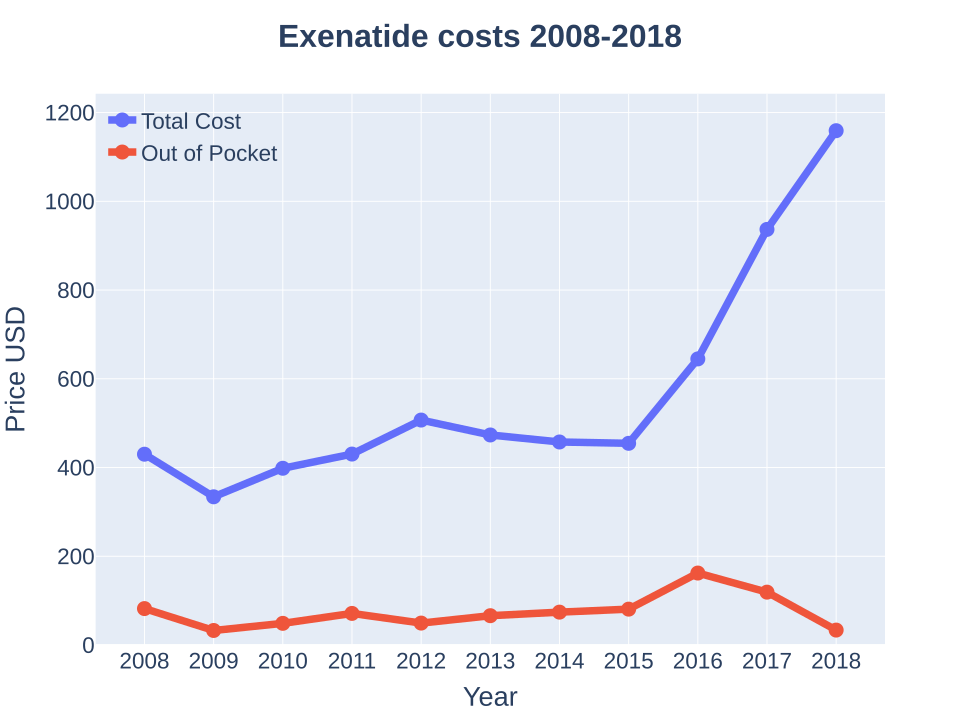Protests Erupt at Kannur Hospital Following Child's Rabies Death

KANNUR, India — Tensions flared at the Kannur district hospital on June 30, 2025, as Congress party workers staged a protest demanding accountability over the alleged medical negligence that led to the death of a five-year-old boy, Harith, who succumbed to suspected rabies. Harith was reportedly bitten by a stray dog on May 31 and, despite receiving vaccinations, he died two days before the protest, prompting accusations against the hospital staff for failing to provide timely treatment.
The Congress workers besieged the office of the hospital superintendent, alleging that the child was not admitted promptly following the dog bite incident, which heightened the risks associated with rabies—a viral disease known for its high fatality rate once symptoms appear. According to the World Health Organization, rabies is responsible for approximately 59,000 deaths globally each year, with the majority of cases occurring in Asia and Africa.
During the protest, the demonstrators engaged in a sit-in outside the outpatient department, leading to confrontations with law enforcement, who later arrested several participants. The hospital superintendent, however, defended the medical team's actions, asserting that Harith was given the necessary treatment and subsequently referred to Kannur Government Medical College Hospital for further care.
Dr. V.S. Jidhin, President of the Kerala Government Medical Officers Association (KGMOA), issued a statement condemning the protest as politically motivated and unjustified. He emphasized the urgency with which dog bites should be treated, particularly facial ones, due to the heightened risk of rabies transmission. Dr. Jidhin noted, "Blaming doctors and hospital staff without a medical basis is demoralizing and dangerous. Such politically driven actions harm the morale of healthcare workers who continue to serve under challenging conditions."
The incident has sparked a broader discussion on the challenges within the healthcare system in Kerala, particularly regarding the treatment and management of rabies, which remains a significant public health concern. According to a report by the National Health Mission, Kerala recorded 21 rabies cases over the past year, underscoring the need for timely intervention and public awareness regarding animal bites.
The Kerala health department has initiated a review of the protocols in place for treating rabies exposure, as public outcry continues to grow. This situation highlights the critical need for improved communication between healthcare providers and the community, particularly in emergency cases.
Moving forward, experts advocate for increased public health education on rabies prevention and treatment, as well as improved access to medical care in rural areas. Dr. Ravi Menon, an epidemiologist at the Institute of Public Health, remarked, "This tragedy underscores the importance of rapid response in medical emergencies, especially with diseases like rabies, where every moment counts."
As investigations continue, the implications of this incident may prompt a re-evaluation of healthcare protocols not only in Kerala but across India, where rabies remains a preventable yet deadly disease. The situation serves as a stark reminder of the intertwining of healthcare quality, public health education, and community trust in medical institutions.
Advertisement
Tags
Advertisement





